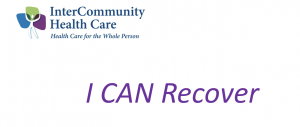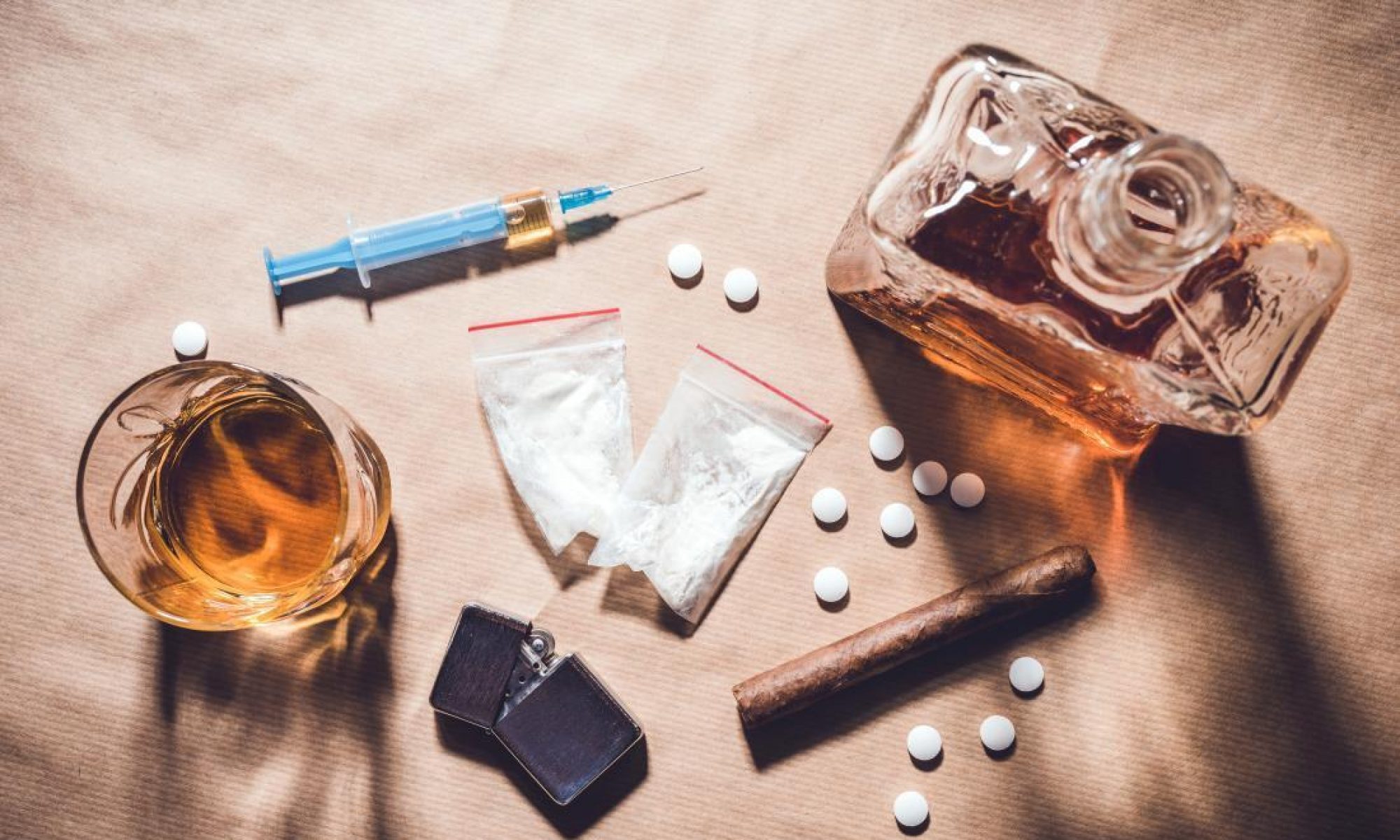The Liberal Arts Action Lab is a community-based class meaning we work amongst others at Trinity and Capital college as well as with community partners in Hartford. Community partners define problems facing the city and collaborate with teams of students and faculty to create research projects that take place during the semester. The goal of these projects is to strengthen the city, spark social innovation, and support civic engagement.

I CAN Recover model is a new treatment method for drug and alcohol users, designed to focus on the “whole person” meaning it’s more than just your addiction, they want to treat physical health, mental health, substance abuse and any environmental stressors you could be experiencing. I CAN Recover understands that recovery is a lifelong journey that can’t be done alone. I CAN stands for identity beyond using, gaining core-competencies to achieve and maintain sobriety, practicing healthy actions, and developing a network of support.
The individuals who work under this model want to make sure you are treated as a person, that you know that you are more than your addiction, you deserve choices, and with I CAN they will support and help one learn new skills and behaviors because recovery is not easy. What separates I CAN from other more methods of treatment, this focuses on treating the whole person and their constantly in language across all levels of care; this way it eliminates all the unnecessary confusion. Right now, I CAN offers 5 types of treatment, they have a detox facility where people spend around three to seven days, a short term 25-day inpatient treatment center above the detox facility and then a long-term treatment option like a 90 -day program or an outpatient option who are prescribed to medically assisted treatment (MAT) only.
I CAN Recover is a unique approach to addiction treatment. In the Spring 2020 semester, the Trinity College Addiction Treatment Action Lab Team worked to answer the question “Is I CAN more effective than other treatment models?” Unfortunately, we did not have enough time in the semester to complete this project, and our community partner thought scaling down the scope of our project would be beneficial. We then changed the direction of our study and focused on creating a survey that would collect demographic information and the best way to contact patients once they left treatment. Due to the COVID-19 pandemic, we were not able to collect data in person and changed our project one last time. The team conducted a literature review to determine the most effective research design to prove the effectiveness of I CAN Recover. We decided that this was the best project to move forward with because we could complete it in the time we have left, and it is useful for our community partner, InterCommunity Health, to design a future study that answers the original research question.
Below are three proposed research plans that consist of a random assignment option, pre-post study, and a quasi-experiment that works to answer the question “is I CAN more effective than other treatment models?”
